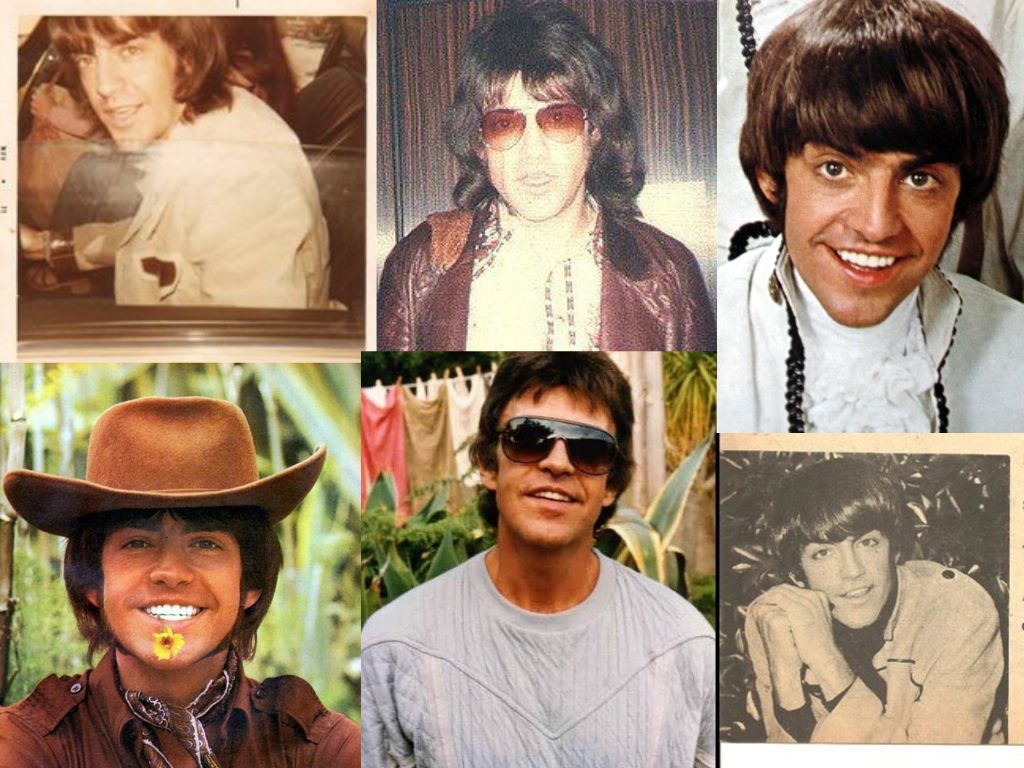
The poignant story of an old man whose life has become a faded carnival ride, a metaphor for the bittersweet passage of time.
There are certain songs that don’t just play in the air, they play in the memory. They become soundtracks to seasons of our lives, forgotten moments tucked away in the back of the mind. For many of us who remember the vibrant, rebellious sounds of the 1960s, the name Mark Lindsay immediately brings to mind the electrifying energy of Paul Revere & the Raiders. They were a force of nature, a high-octane rock and roll show clad in Revolutionary War-era uniforms, tearing through hits like “Kicks” and “Hungry.” But as the decade turned, so too did the musical tide. The once-clear lines of genre began to blur, and with that change, artists started exploring new, more introspective directions. It was in this fertile, transitional period that Mark Lindsay stepped out on his own, not to abandon his past, but to expand upon it, revealing a surprising depth and a tender vulnerability that many might not have expected.
Among his early solo efforts, a haunting B-side from 1969 stands out as a masterpiece of quiet reflection: “The Old Man At the Fair.” This was not a chart-topping anthem, nor was it meant to be. Released as the flip side to his first solo single, “First Hymn From Grand Terrace,” the song, despite its brilliance, only managed to peak at a modest number 81 on the Billboard Hot 100 chart. While its A-side, also written by the legendary Jimmy Webb, received more initial attention, it’s the quiet beauty of the B-side that has resonated more deeply over the decades for a certain kind of listener.
The story behind this song is as fascinating as its sound. It was penned by the brilliant songwriter Jimmy Webb, a man whose name is synonymous with lush, cinematic masterpieces like “Wichita Lineman” and “By the Time I Get to Phoenix.” This collaboration was a significant departure for Lindsay, a clear signal that his solo work would be more focused on crafted narratives and sophisticated arrangements than the raw, garage-rock sound of the Raiders. Webb’s writing style, with its vivid imagery and emotional complexity, was a perfect match for the reflective mood of the era. The song is a short story in three minutes, a poignant vignette that paints a picture of an old man, alone at a fair, watching the vibrant life around him pass by. The carousels turn, the laughter of children fills the air, but he remains, a solitary figure lost in his own memories, the music a soft echo of a world that once was his.
Lindsay’s performance is what truly elevates the track. His voice, so often used to belt out raucous commands and exuberant harmonies, is here a gentle, melancholic instrument. He sings with a profound sense of empathy, his tone neither pitying nor mournful, but simply observant. He captures the subtle dignity of the old man, the silent weight of a lifetime of experiences. The arrangement, with its delicate strings and restrained instrumentation, feels like a wistful breeze carrying the scent of popcorn and cotton candy, a sensory ghost of a long-gone summer. It’s a song that speaks to the shared human experience of watching time slip through our fingers, the realization that the world keeps spinning, even as we feel our own place in it begin to fade. It’s a bittersweet moment of connection with a stranger, an acknowledgment of the shared solitude we all carry. For those of us who have walked through a fairground and felt that prickle of nostalgia, that sense of a moment both present and past, “The Old Man At the Fair” is more than just a song—it’s a mirror, a gentle, powerful reminder of the preciousness of every spinning moment.